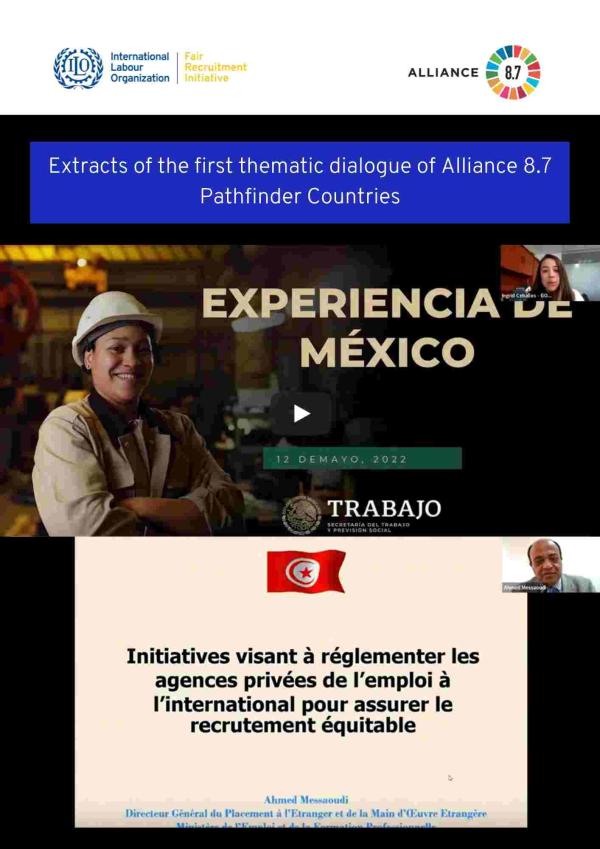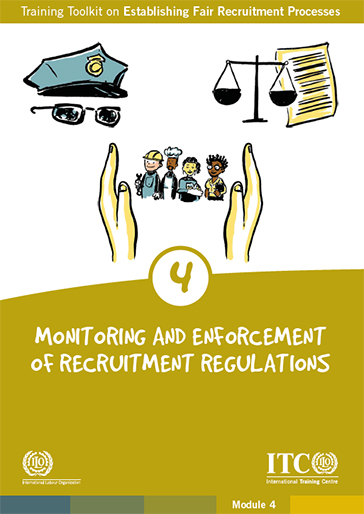Recruitment Monitoring & Migrant Welfare Assistance: What Works?
As numbers of temporary labour migrants have rapidly increased over the past four decades, facilitating international migration has become a highly profitable and multi-faceted business. Human rights defenders, civil society organisations, journalists and academics have consistently exposed exploitation of migrants which occurs during recruitment processes. Abuses include high recruitment fees that lead to debt bondage, the processing of fake employment and immigration documents, confiscation of identity documents, and emotional and physical violence, or even trafficking for forced labour. On arriving in many destination countries migrants are left unprotected and vulnerable to more exploitation.
This study, conducted by an international research team between January and April 2014, reviews existing recruitment monitoring mechanisms and migrants’ access to rights and welfare assistance across Colombo Process Member States (Afghanistan, Bangladesh, China, India, Indonesia, Nepal, Pakistan, the Philippines, Sri Lanka, Thailand and Viet Nam), and key destination states (Bahrain, Kuwait, Oman, Qatar, Saudi Arabia, UAE and Yemen). With analysis presented thematically, the report concludes with a series of recommendations for Colombo Process governments.
Country/Region : ,
,
,
,
,
,
,
,
,
,
,
,
,
,
,
,











